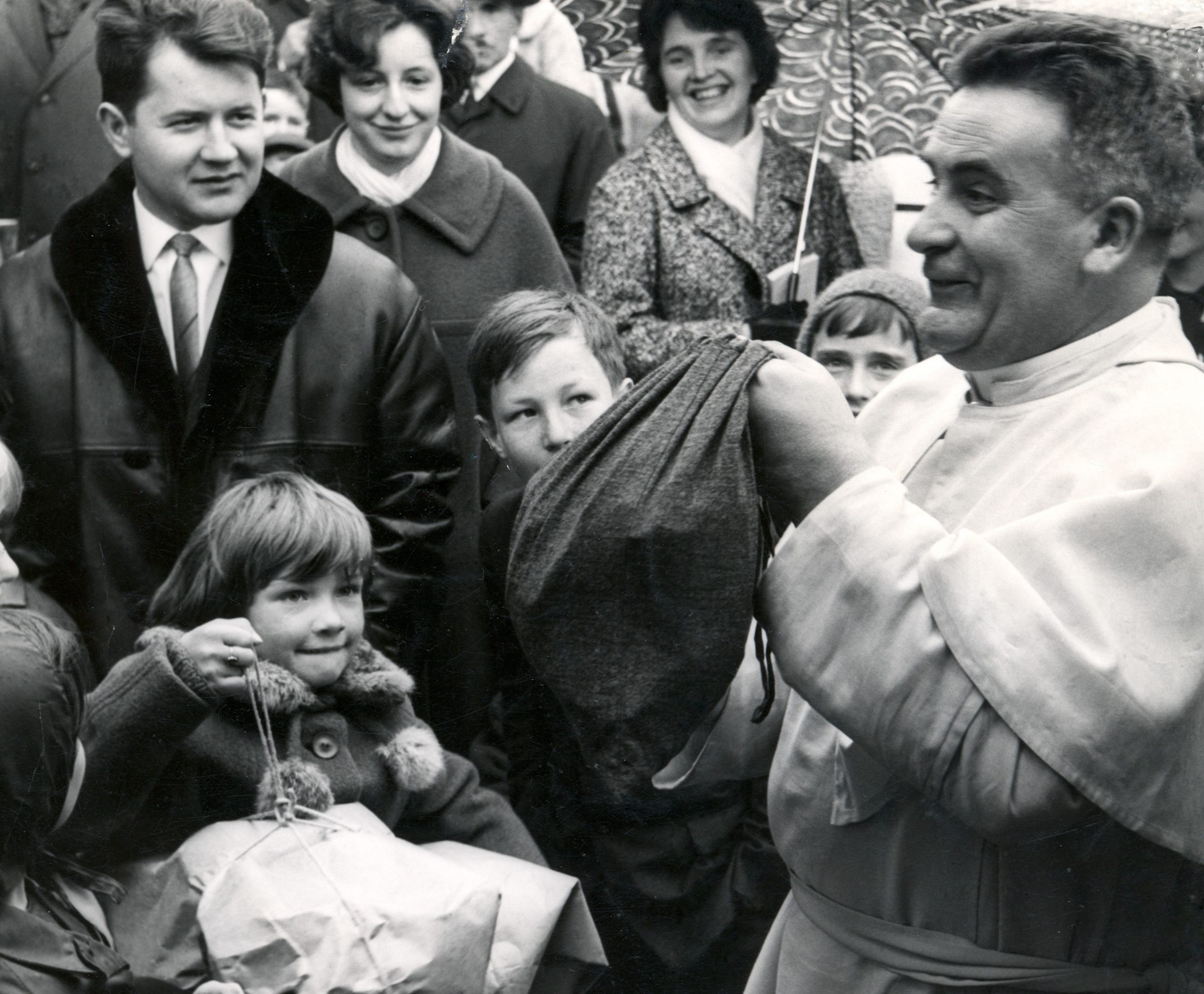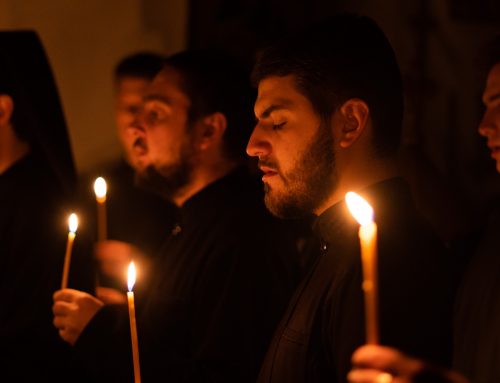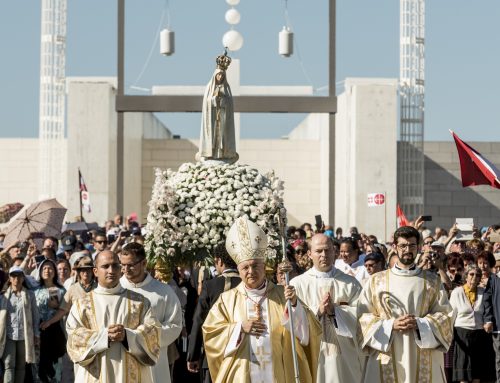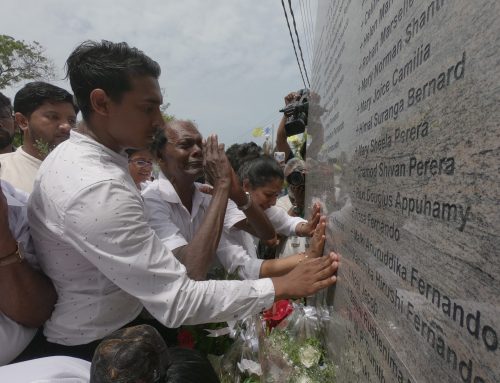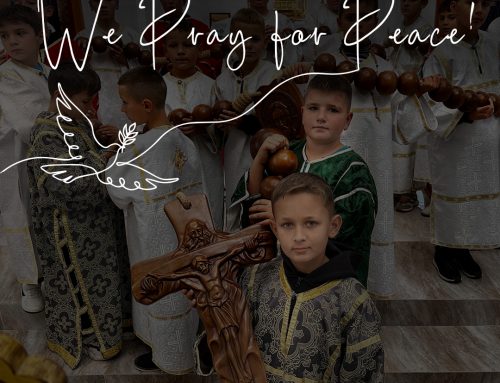On 27 May 1940, the village of Vinkt, located near the Belgian city of Ghent, was the scene of one of the great crimes committed on the Western front during World War II. Eighty-six civilians were executed during a massacre carried out by German troops. Dutch Premonstratensian Father Werenfried van Straaten, founder of the charity Aid to the Church in Need, recognised the dangers of a Europe divided by hate and dedicated his life to restoring love. Also in Vinkt, where ten years after the disastrous events, something worth remembering happened.
World War II had come to an end. As agreed upon by the victorious powers at the Yalta Conference and in the Potsdam Agreement, fourteen million Germans were driven out of the eastern provinces beginning in 1945. In western Germany, the majority of the displaced persons, among them six million Catholics, lived under inhumane conditions in bunkers or camps. The suffering of the millions of displaced persons reminded Father Werenfried van Straaten, a Premonstratensian priest born in 1913 in Mijdrecht in the Netherlands, of the story of the Nativity, when there was no room at the inn for the Holy Family because “their people” had no love.
No room at the inn
The young priest appealed to the Christian conscience of his fellow countrymen, calling upon them to love their enemies and neighbours. In the article “No room at the inn”, written for the 1947 Christmas edition of the magazine of Tongerlo Abbey in Belgium, he called upon his countrymen, who were still mourning relatives killed by the Germans, to make a gesture of reconciliation. And the incredible happened: the response to the article was overwhelming, unleashing a wave of giving among the Flemish people. As the three thousand Catholic priests who were among the displaced persons had taken on the task of distributing the aid to those in need, the new charitable organisation was given the name “Iron Curtain Priest”.
“God preserve us from hate”
The name “Werenfried” means “warrior for peace” and this soon became his mission. In 1948, Father Werenfried collected donations of bacon from Flemish farmers, an initiative that was hugely successful and gave him the nickname “Bacon Priest”. Then, in 1950, exactly ten years after the massacre described above, he travelled to Vinkt to preach. In his memoirs, Father Werenfried wrote that he was apprehensive of preaching this sermon. “I was never quick to feel fear, but at the time I was afraid.” He certainly had cause, considering that the resentment and hatred in the hearts of the people had yet to be vanquished. The oldest of the victims had been 89 years old, the youngest 13. Almost all of the families had suffered a loss. Even the local priest advised Father Werenfried against taking this risk.
“I drove to Vinkt a day earlier to take stock of the situation. I arrived at the parish house on Saturday evening. Distraught, the priest raised his hands and exclaimed, ‘It will not work, Father, the people do not want it. They are saying, “What? This priest is coming to ask for help for the Germans? For those despicable people who shot our men and boys? Never! Not one living soul will come to hear his speech. He can preach to empty chairs, if he feels like it. And he should consider himself lucky that he is a priest. Otherwise he would be in for a beating!”’
What was I supposed to do? After discussing it with the priest, I decided to prepare for that evening’s speech by giving the sermon at all of the divine services held that Sunday. And so, to everyone’s surprise, I was the one standing in the pulpit the next morning, for fifteen whole minutes, preaching about love. It was the most difficult sermon I gave in my whole life. But it worked,” Werenfried van Straaten later recalled.

